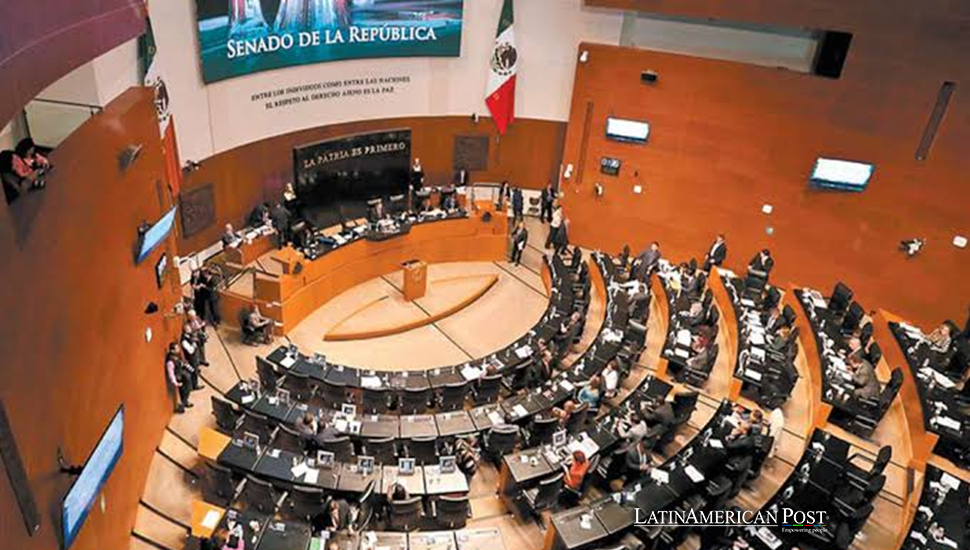Why Mexico’s Move to Dissolve Regulators Threatens Democracy

Mexico’s Senate voted to remove independent regulatory agencies. The executive branch now handles their functions. The government argues that this change saves money. Reduced transparency is a big problem. Unfair market practices damage essential areas.
Autonomous Agencies Are Guardians of Democracy
The removal of Mexico’s independent regulatory agencies shows a significant change in the country’s rule. These agencies have always acted as essential checks on the president’s power. They brought fairness and openness to critical areas like energy, telecommunications, and competition regulation. By shutting down groups such as the Federal Economic Competition Commission (Cofece) and the National Institute for Transparency, Access to Information and Personal Data Protection (INAI), the government removes defenses against executive overreach. This threatens the protection of democracy.
Autonomous regulators offer freedom from political control. They ensure that economic choices rely on facts, not political needs. Cofece, for example, has served as a guardian against monopolies, which is crucial. It helps keep competition fair and protects consumer rights. INAI lets people obtain information and question government actions.
Economic Stability Is at Stake
The end of these regulatory groups has significant effects on Mexico’s economy. Independent regulators build investor confidence. This is especially true in energy and telecommunications, which rely on steady and clear guidelines for large investments. Moving regulatory power to the government’s executive branch brings uncertainty. This new environment discourages foreign investment and hampers economic growth.
The energy sector may suffer. Transferring regulatory duties to the Energy Ministry aligns with the government’s plan. Their plan prioritizes state-run energy companies. This choice certainly hurts competition. It may push away private and foreign investors. These investors have helped modernize Mexico’s energy infrastructure. The United States and Canada are already worried about Mexico’s energy policies. Concerns exist under the USMCA trade agreement. This change probably leads to trade arguments. It could also damage economic relationships further.
Removing Coneval would remove an essential tool. Coneval evaluates poverty and social programs and checks how well government policies work. Rolling these duties into Inegi, the statistics institute, poses risks. The government might weaken the detailed analysis needed to address poverty in one of Latin America’s largest economies. Without Coneval’s independent evaluations, social policy could become a political instrument rather than genuinely improving citizens’ lives.
A Step Toward Authoritarianism?
The decision to dissolve these agencies occurred during significant constitutional changes in Mexico, which the Morena party of Mexico pushed. Recent actions have tried to change the courts and give more control to state energy companies. These moves show a worrying trend of centralizing power in the executive branch. Critics say these actions weaken checks and balances, which are very important for a healthy democracy.
In the past, Mexico created autonomous institutions to balance the executive branch. These institutions helped prevent power abuses during the 20th century when one party ruled. Their end signals a step back to when the government’s decisions had little oversight. This change raises worries about possible corruption. People also fear more authoritarian control.
Gathering power in the executive probably silences dissent and pushes aside opposition voices. When regulatory agencies are absorbed into ministries, they lose their independence. Citizens and businesses have fewer ways to challenge government actions. The loss of institutional autonomy threatens to create a political scene without transparency. Accountability could be sacrificed to consolidate power.
Why This Matters Beyond Mexico
The ramifications of dissolving Mexico’s regulatory agencies extend far beyond its borders. As one of Latin America’s largest economies, Mexico’s policies set a precedent for the region. Eliminating independent regulators might encourage other governments to follow the same path. This change can put democratic systems in the area at risk. The threat to democracy is genuine.
This choice creates problems for Mexico’s relationships with trade partners such as the United States and Canada. The USMCA deal requires open and fair rules. Removing autonomous regulators creates uncertainty about Mexico’s commitment to these rules. This could lead to trade disputes and potential economic sanctions, which would hurt all three economies.
American companies in Mexico find the loss of neutral oversight concerning. They depend on fair regulators to protect their investments and maintain fair competition. Without this protection, the chance of random government interference rises, making Mexico less appealing to foreign investors and potentially leading to a decrease in foreign direct investment.
Dissolving these independent agencies is a short-sighted decision for Mexico with broad effects. The government argues it saves money and simplifies operations. In reality, it probably harms democracy, unsettles the economy, and loses public trust. Independent regulators play a crucial role in safeguarding transparency, fairness, and accountability. Taking them away might centralize power in the government, endangering Mexico’s democratic progress and economic stability.
Also read : Record Number of Latinos to Serve in the Senate
Mexican citizens, businesses, and international allies must oppose this decision. They need to protect the balance necessary for a healthy democracy and economy. Ignoring this issue might lead to consequences that are too big to handle.





